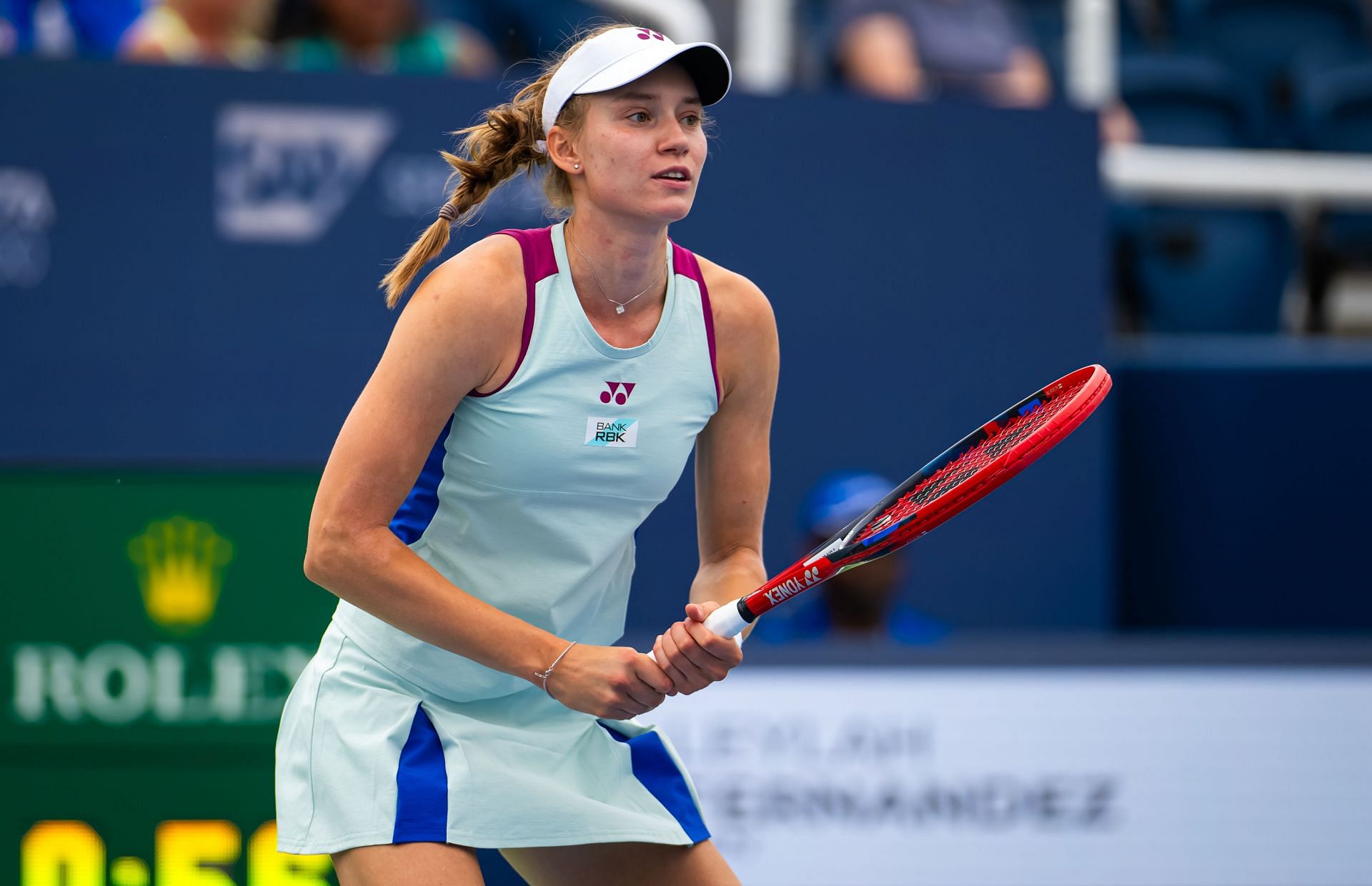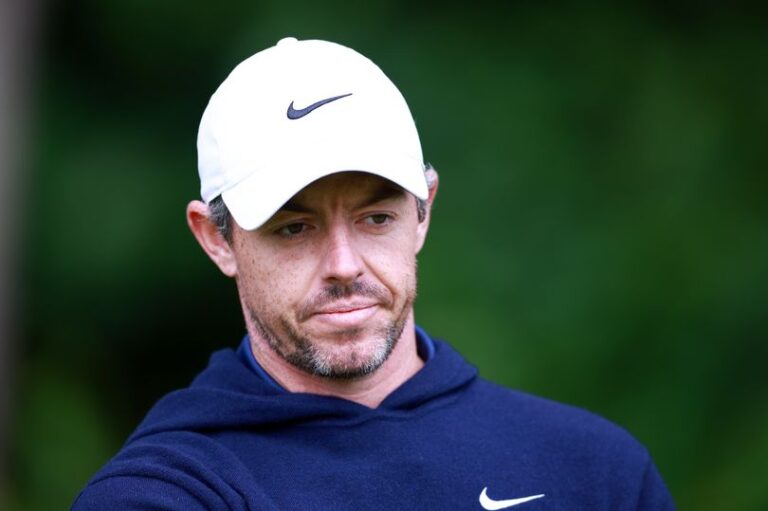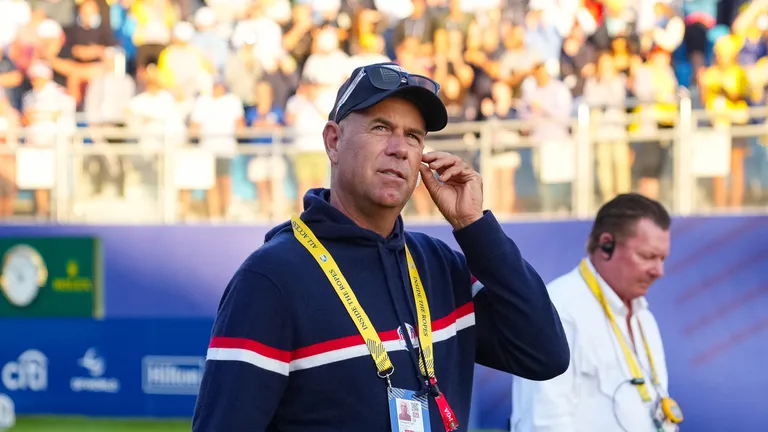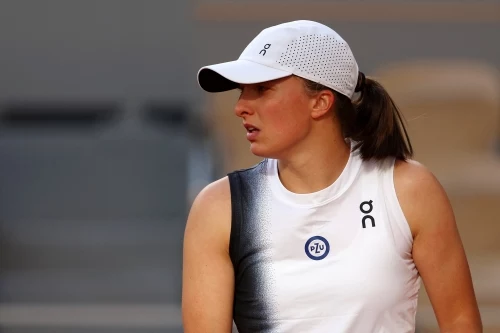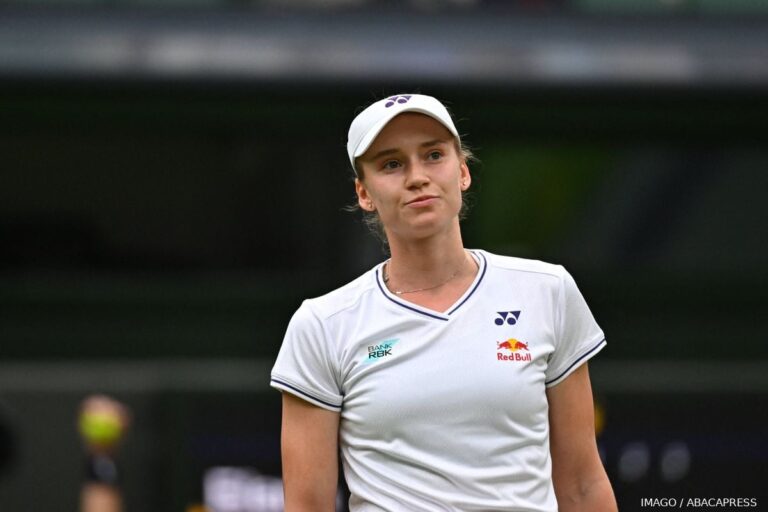The comments of Sonya Tartakova (tennis journalist) about Rybakina situation in english,Photos of the tweet included.
Sonya Tartakova’s Comments on Elena Rybakina’s Situation: A Deep Dive into the Controversy
Tennis journalist Sonya Tartakova recently weighed in on the ongoing situation surrounding Kazakhstan’s tennis star, Elena Rybakina. The 2022 Wimbledon champion has been at the center of multiple discussions, ranging from her performances in the Grand Slams to the growing concerns over her physical and mental well-being due to a heavy tournament schedule.

Rybakina’s Consistency and Challenges
Elena Rybakina has made a significant mark on the WTA Tour over the past two seasons, establishing herself as one of the most consistent and dangerous players on the circuit. With powerful groundstrokes, a lethal serve, and a calm demeanor under pressure, Rybakina has captured some of the biggest titles in the game, including Wimbledon in 2022 and the Indian Wells title in 2023.

However, Tartakova pointed out the increasing pressure and challenges Rybakina has faced in recent months, which have affected her ability to perform at her best. One of the primary concerns is the rigorous schedule that top players like Rybakina must endure throughout the season. While the physical demands are obvious, Tartakova emphasized that the emotional toll of competing at the highest level week in and week out can be just as taxing.
“Elena has had a remarkable couple of seasons, but the intensity of the tour, particularly for a player who competes deep into almost every tournament, can catch up with you. We’ve seen it affect her physically, but there’s also a mental fatigue that’s harder to quantify,” Tartakova noted during a recent interview.
Injuries and Scheduling
Rybakina’s 2023 season has been interrupted by a few health issues, with the most notable being her withdrawal from Roland Garros due to illness and her struggles during the North American hard court swing. Tartakova raised the issue of how the tennis calendar often does not allow players adequate time to recover and prepare for the next challenge.
“Elena is a player who gives her all in every match, but when you’re not given time to rest and recover, it’s only natural that injuries or illnesses become more frequent. The schedule is relentless, especially for someone playing at her level,” Tartakova remarked.
While Rybakina’s achievements have propelled her into the spotlight, her team has expressed concerns about the toll this schedule may be taking on her body. The withdrawals and inconsistency in form during the latter part of 2023 have sparked discussions about the need for better player protection and more flexible scheduling within the WTA Tour.
Mental Fatigue and Its Impact
Beyond the physical toll, Tartakova emphasized the mental burden players like Rybakina experience, especially when dealing with high expectations following major breakthroughs.
“Elena is still quite young in her career, but the expectations have skyrocketed since her Wimbledon triumph. When you’ve reached the pinnacle of the sport, every match, every tournament feels like it carries extra weight. That kind of pressure, coupled with the non-stop nature of the tour, can wear anyone down,” Tartakova said.
This mental fatigue has been evident in some of Rybakina’s recent performances, where she has appeared to struggle with her usual focus and determination. The pressure to consistently deliver at the highest level can affect any player, and Tartakova argued that this is an aspect of the game that needs to be addressed more openly.
Looking Ahead: The Importance of Recovery
As Rybakina continues to navigate these challenges, Tartakova suggested that a more strategic approach to her scheduling and recovery could be the key to sustaining her success. This might include choosing to skip certain events to focus on the bigger tournaments, a strategy employed by other top players like Iga Świątek and Aryna Sabalenka, who have been vocal about prioritizing rest when necessary.
“Rybakina has shown that she can compete with the best, but she also needs to be mindful of preserving her body and mind for the long term. Finding the right balance between competing and resting will be crucial for her future success,” Tartakova advised.
Conclusion
Sonya Tartakova’s insights into Elena Rybakina’s current situation highlight the challenges faced by modern-day tennis stars, where a relentless schedule and rising expectations can sometimes overshadow their undeniable talent. As Rybakina continues to navigate her career, it’s clear that both physical and mental recovery will be key to maintaining her place among the elite of the sport.
Tartakova’s comments serve as a reminder that behind the glitz and glamour of Grand Slam titles, there are real concerns that need addressing for the long-term well-being of players. Whether the WTA and other governing bodies will make the necessary changes to protect their athletes remains an open question.
